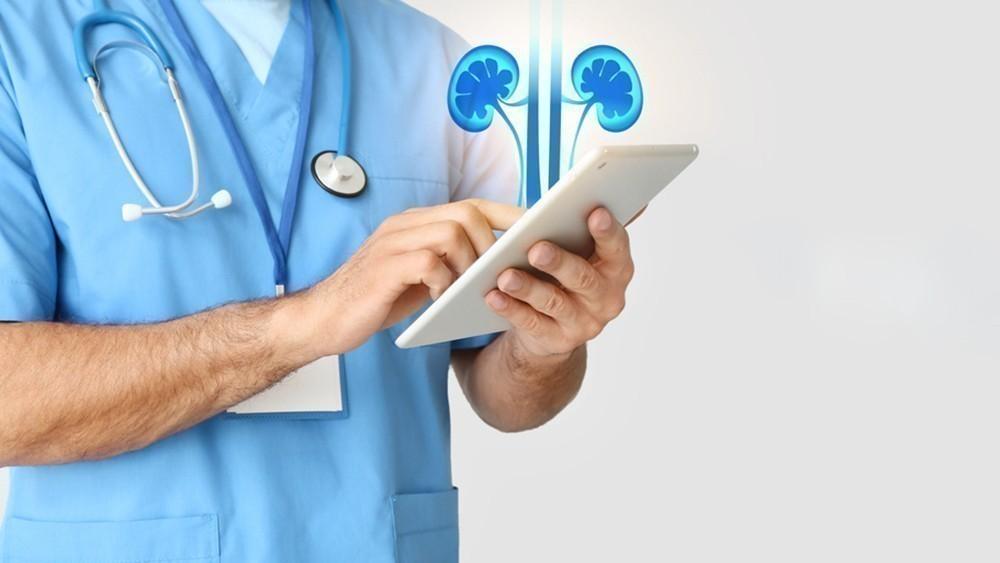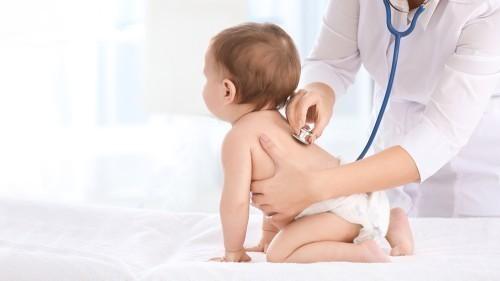
There are many Urological disorders that men and women of all ages are suffering from. Some last only a short time while others are long-lasting and complicated. Urologic disease can be treated at its early stage, when you are experiencing any urological symptoms then there may be something wrong. So, it is important that you see a Urologist for proper diagnosis and immediate treatment.
Urological conditions affect the urinary tract system The kidney, bladder, ureters, and urethra is part of your urinary system and responsible for removing the body’s waste products by eliminating the urine from the body. In order for the normal flow of removing waste in the body system, the urinary tract must work normally together and in proper order.
Common symptoms that indicate you should see the best urologist in Dubai at HMS Al Garhoud Hospital:
- Blood in urine
- Pain or burning sensation
- Frequent need to urinate or difficulty urinating
- Problems with urinary control or Incontinence
- Severe constipation
- Frequent urinary tract infections
- Fertility issue
- For men: difficulty attaining keeping an erection
- For men: enlarged prostate
While the only way to know for sure if you have any urological disease is to get tested, here we will focus on some of the most common urological problems and their treatment.
Urinary Incontinence
Urinary incontinence is a common condition that affects a lot of people. If you are experiencing urine leakage or having trouble controlling your need to pass urine, this may be a sign of urinary incontinence.
Urine incontinence may also be of different types depending upon the symptoms.
- Stress incontinence
This is the most common type of urinary incontinence wherein the pelvic muscles are weak. Causing involuntary urine leaks when the bladder is under pressure. Leaking may happen when you sneeze, cough, or laugh, while exercising, or when bending.
- Urge incontinence or Overactive bladder (OAB)
A sudden or intense need to pass urine immediately. You may not have time to get to the bathroom to hold your pee (to urinate) and will come out all of a sudden. Caused by the bladder (holding the urine) contracting too early and the normal control of the muscle walls to hold it in becomes weak. This can occur because of problems with the spinal cord or brain. But in most cases the cause of OAB is unknown.
- Functional incontinence
When the urinary system is functioning properly and you are unable to hold in your need to urinate. This may be due to some unavoidable conditions that make the movement going to the bathroom difficult. For when a patient is having difficulty in fast movements because of arthritis or is in bed because of injury or due to poor mobility, causing the person to delay walking to the toilet.
- Overflow incontinence (chronic urinary retention)
Unable to fully empty your bladder, causes frequent leaking. Usually caused by an obstruction or blockage in your bladder preventing it to be emptied fully.
- Total incontinence
your bladder cannot store any urine at all, causing you to constantly pass urine and have frequent leaking. Usually caused by a bladder problem from birth or a spinal injury.
Treatment: There are alternatives and available medical treatments to improve your symptoms. In some cases, doctors may recommend some lifestyle changes to correct the problem, but in cases where it is not resolved, you may be prescribed medications to treat your condition or surgery may be required.
Urinary Tract Infections (UTIs)
Urinary tract infections are usually caused by bacteria that affect the bladder and urethra and rarely, the kidneys too. This type of urologic problem is very common among women, but can also affect men. The reason why women are often at risk of having UTI is because the body structure of the female (urethra) is close to the anus as a result, there’s less distance for bacteria to reach the bladder.
When treated promptly, lower urinary tract infections rarely cause complications. However, if left untreated and if the bacterial infection in the urinary tract leads up to the kidneys, the patient may develop fever and other severe complications.
Symptoms:
- A burning feeling while urinating
- persistent urge to urinate that doesn’t go away
- cloudy urine
- Red or bright pink-colored urine – signs of blood in urine
- foul-smelling urine
- Pelvic pain in the center and around the pubic bone area
Treatment: Your Doctor may recommend getting a urine culture test, to correctly evaluate your condition. Antibiotics can usually clear up most UTIs within a few days.
Benign Prostatic Hyperplasia (BPH)
BPH is commonly known as an enlarged prostate gland in men which often gets bigger as you get older. An enlarged prostate blocks the flow of urine which can make it difficult to empty the bladder. It is not directly connected to prostate cancer.
Symptoms:
- You may experience a frequent or urgent need to urinate
- Peeing more often at night
- Difficulty to start peeing
- Weak urine stream, or a stream that stops and starts
- Feeling that the bladder is not empty after urination.
Treatment: There are many treatments to help patients with BPH. Your doctor may choose to just monitor this condition or prescribe medications, in severe cases, you may have to undergo surgery or other procedures.
Kidney Stones
A kidney stone is a crystal-like mass made up of minerals and other chemicals (uric acid and cysteine) that accumulate in the kidney. The stone can grow in size and can block urine flow causing significant pain unless it is passed out in the urine.
In most cases, stones can be expelled through urination without any medical help or thorough medication, but when the stones are larger, they may need medical intervention.
Symptoms:
- Severe pain in the lower abdomen, belly area, or lower back (typically on one side only)
- A burning sensation or pain while urinating
- Frequent and persistent urination
- Fever, chills, and vomiting is a sign of infection
- Blood in the urine (brown, red, or pink urine color)
- Smelly or cloudy urine
- Feeling like you're urinating incompletely or in small amounts
- Feeling queasy or nauseous due to the intensity of the pain
Treatment: Depending on the severity of your stones, your doctor may advise you to drink at least 6 to 8 glasses of water to help the stone to pass through your urine.
In some cases with severe pain, the patient can be hospitalized and will be prescribed medications to help break stones into smaller pieces and prevent them from forming.
For some types of stones that are too large and growing, certain surgical procedures to remove the large stone will be required.
Prostate Cancer
Prostate cancer is one of the most common types of cancer in men. While the exact cause of prostate cancer remains unknown, the risk of developing prostate cancer increases with age of men and is most common after the age of 50.
In the early stages of prostate cancer, there may be no signs and symptoms, but as it reaches an advanced stage cancer cells are more likely to grow and spread.
Symptoms:
- Trouble urinating
- bone pain
- unexplained weight loss
- weakened urine force
- erectile dysfunction.
Treatment: In many cases, prostate cancers grow slowly and remain confined to the prostate gland, this may not cause any harm and the doctor may only recommend active monitoring of the cancer growth with minimal or no treatment required.
However, in cases where prostate cancer becomes aggressive and spreads rapidly, doctors may undertake several treatments or may require surgery depending on the stage of the cancer and other factors. Prostate cancer that is detected early has the best chance of successful treatment.
Common Tips for Having a good Urological Health
It is important to promote better health and follow some healthy tips:
- Maintain a healthy diet
- Stay hydrated, drink a lot of water (6 to 8 glasses per day)
- Drink cranberry juice to reduce the risk of urinary tract infections (UTIs)
- Limit the consumption of salt and caffeine
- Consume a balanced diet
- Avoid smoking
- Stay active and exercise to strengthen your pelvic muscles with Kegel exercises
- Encourage your child to urinate just before going to bed
- Females should wipe from front to back after using the toilet to avoid bacterial infections.
At HMS Al Garhoud Hospital, we have the best Urologist in Dubai, offering comprehensive Urological care, from your initial consultant and diagnosis to treatment and surgical interventions. Call us now for an appointment.


